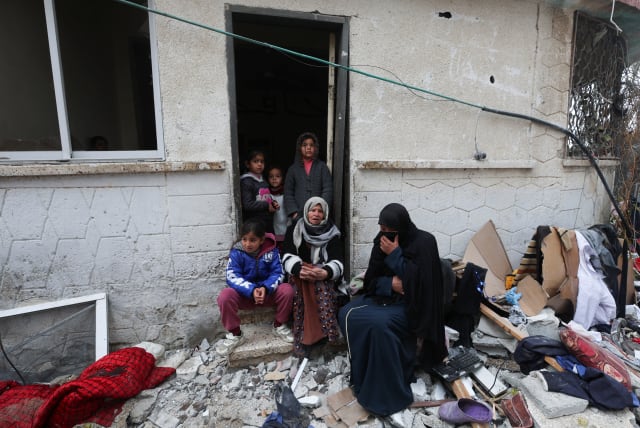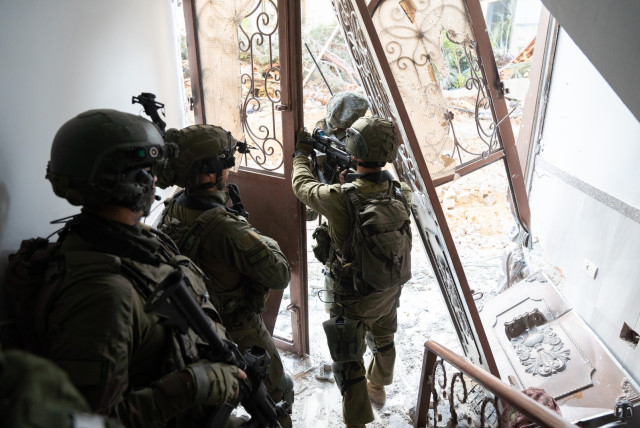Aid groups warn of Rafah 'bloodbath' if Israel advances

"If the same bombs used in Khan Younis were used in Rafah, it would be at least a doubling or tripling of the toll because it's so densely populated," said Dr Santosh Kumar.
Any Israeli military advance into southern Gaza's Rafah area could cause mass deaths among the more than a million Palestinians trapped there, with humanitarian aid in danger of collapse, aid workers said on Friday.
Israel has threatened to advance from Khan Younis, Gaza's main southern city, to Rafah, where the population has increased five-fold as people have fled bombardment, often under evacuation orders, since Israel began its assault on Gaza's ruling Hamas movement.
Some 1.5 million people are now jammed into filthy, overcrowded shelters or on the street in a patch of land hemmed in by Egyptian and Israeli border fences and the Mediterranean Sea as well as Israeli forces.
Fear of further IDF advancement
Doctors and aid workers are struggling to supply even basic aid and stop the spread of disease.
"No war can be allowed in a gigantic refugee camp," said Jan Egeland, Secretary-General of the Norwegian Refugee Council, warning of a "bloodbath" if Israeli operations expand there.
"Expanded hostilities in Rafah could collapse the humanitarian response," NRC added in a statement.
Reuters has in recent days filmed the funerals of civilians killed in recent days by Israeli strikes.
Israel says it takes steps to avoid harming civilians and accuses Hamas militants of hiding among them, even in shelters - something Hamas denies.
Some 28,000 Palestinians have been confirmed killed, according to the Gaza health ministry, in a war triggered on October 7 when Hamas militants killed 1,200 people and seized 253 hostages in Israel, according to Israeli tallies.
A doctor who left Gaza last week described Rafah as a "closed jail" with fecal matter running through streets so crowded that there is barely space for medics' vehicles to pass.
"If the same bombs used in Khan Younis were used in Rafah, it would be at least a doubling or tripling of the toll because it's so densely populated," said Dr Santosh Kumar.
The development charity ActionAid said some people were resorting to eating grass. "Every single person in Gaza is now hungry, and people have just 1.5 to 2 liters of unsafe water per day to meet all their needs," its statement said.
Humanitarian agencies say they cannot move people to safer areas because Israeli troops are positioned to the north, and the aid that is allowed into the enclave is not nearly enough to go around.
"All our shelters are overflowing and cannot take any more people," said Juliette Touma, spokesperson for the U.N. agency for Palestinian refugees.
Jerusalem Post Store
`; document.getElementById("linkPremium").innerHTML = cont; var divWithLink = document.getElementById("premium-link"); if (divWithLink !== null && divWithLink !== 'undefined') { divWithLink.style.border = "solid 1px #cb0f3e"; divWithLink.style.textAlign = "center"; divWithLink.style.marginBottom = "15px"; divWithLink.style.marginTop = "15px"; divWithLink.style.width = "100%"; divWithLink.style.backgroundColor = "#122952"; divWithLink.style.color = "#ffffff"; divWithLink.style.lineHeight = "1.5"; } } (function (v, i) { });

